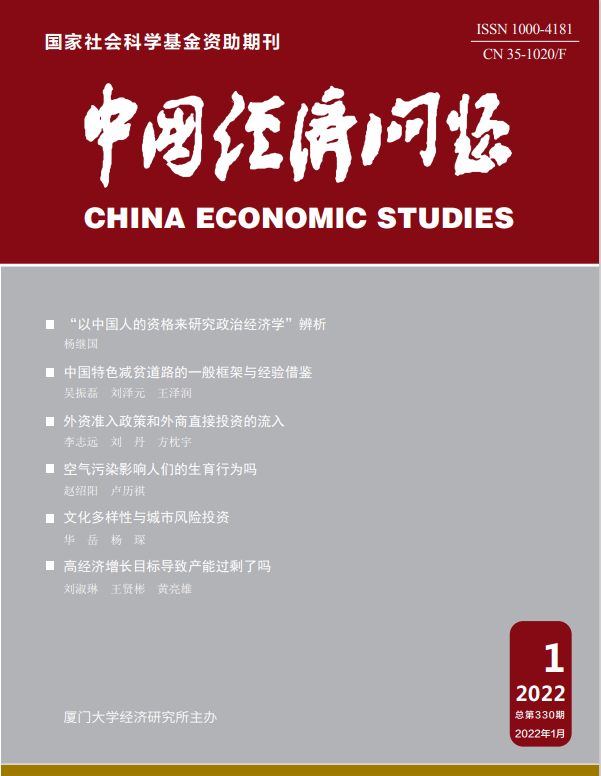This paper discusses a serious
environmental problem in China—urban air pollution,
which not only harms the health of residents, but also causes loss of household
wealth accumulation, with an even greater impact on cities in northern China.
Taking a variety of air pollutants and urban housing price panel data as research
sample, we use the centralized winter heating policy north of the
Qinling-Huaihe River line as a quasi–natural
experiment, and employ geographic regression discontinuity to explore in depth
the impact of air pollution on urban housing prices. The results indicate that
there is a significant negative correlation between air pollution and urban
housing prices, that is, air pollution inhibits the rise of urban housing
prices. With an average increase of 1 unit in PM2.5 concentration, housing
prices will depreciate by 1.50%, resulting in an average loss of about
100897.94 million yuan in national economic value during the sample period. The
results of heterogeneity analysis show that the inhibitory effect of air
pollution on housing prices is more pronounced in cities with poor
infrastructure, high degree of marketization and small scale. In addition, this
paper innovatively explores the potential mechanisms of air pollution affecting
housing prices from both supply and demand perspectives, and the findings
confirm that air pollution mainly has a negative impact on housing prices
through factors such as population migration and land prices. This research
helps to improve the public's understanding of the impact of air pollution on
the capitalization of urban housing prices, the willingness to pay for
improving air quality, and provide a basis for the government to formulate
public policies for air governance.

